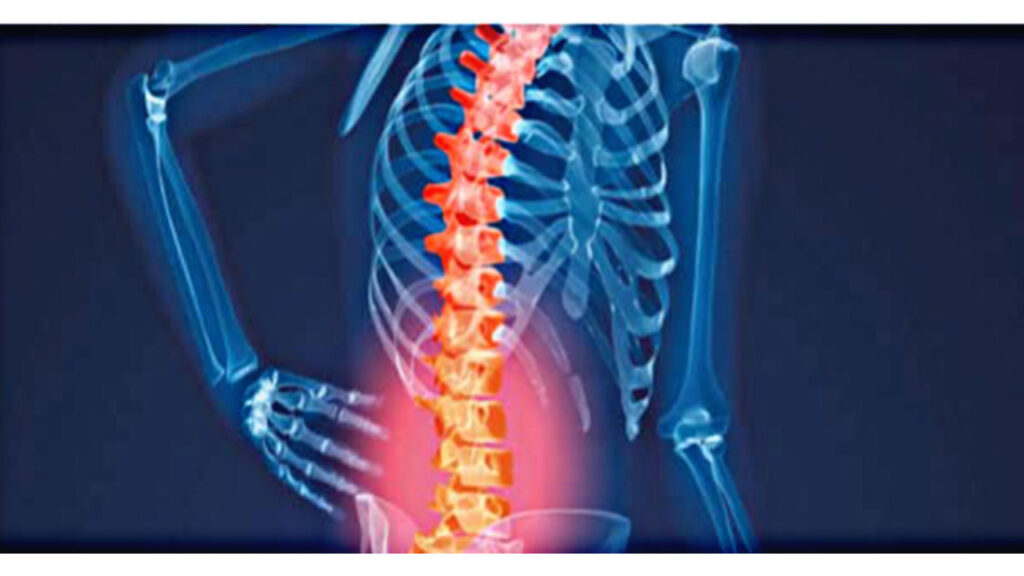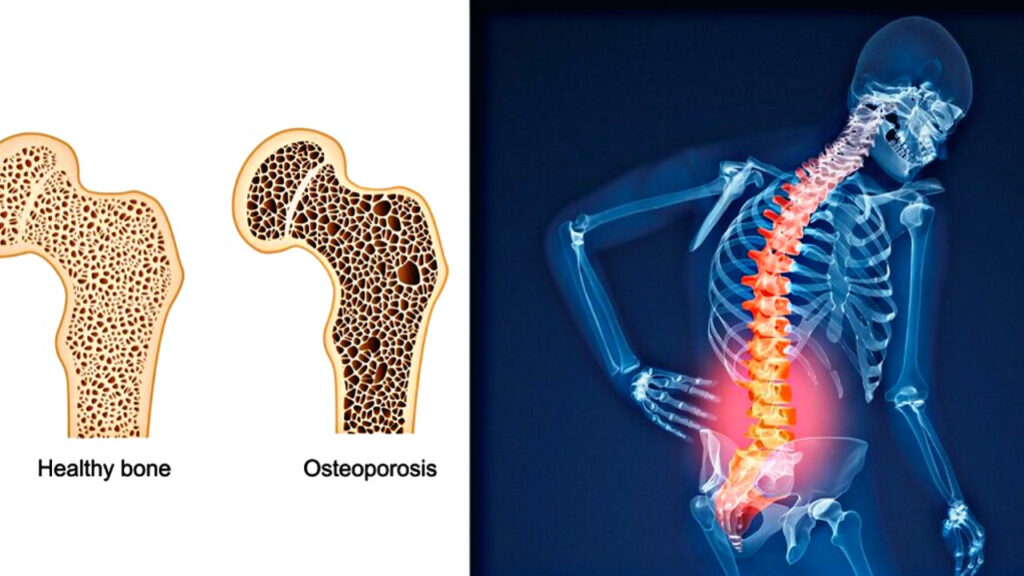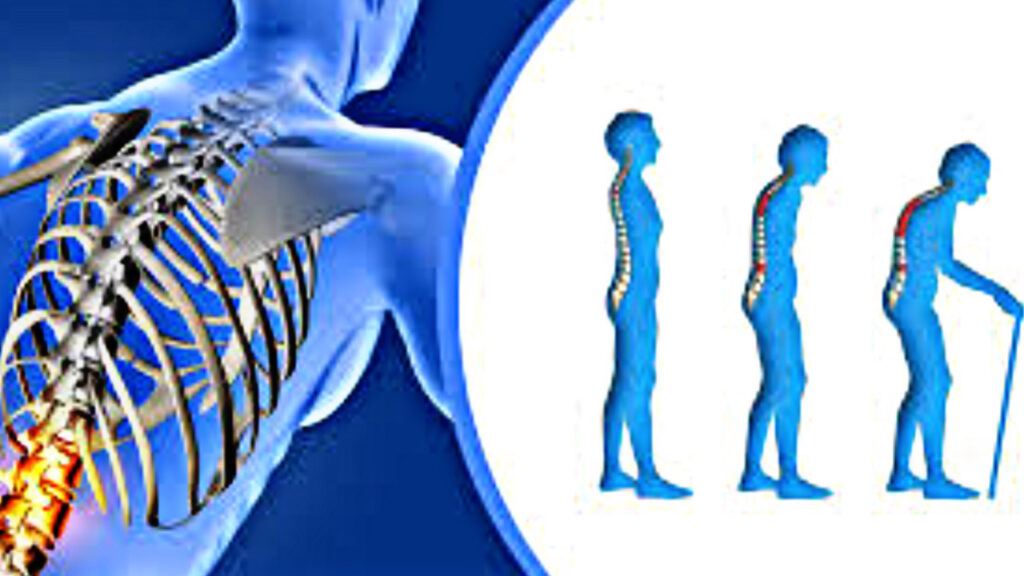Health
Healthy bones are essential for overall well-being, providing structure to the body, protecting vital organs, and enabling mobility. While we often focus on foods that strengthen bones, it’s equally important to recognize the foods that can weaken them. A poor diet, rich in certain types of foods, can contribute to bone density loss and increase the risk of fractures and osteoporosis. Here’s a closer look at the foods that may harm your bones and why they should be consumed in moderation.

1. Excessive Salt (Sodium)
Too much sodium in the diet is linked to a reduction in calcium levels in the bones. High-sodium foods, such as processed meats, fast food, canned soups, and salty snacks, can cause the kidneys to excrete more calcium. This leads to a decrease in bone mineral density over time, making bones weaker and more prone to fractures. The recommended daily intake of sodium for an adult is around 2,300 milligrams, but most people consume much more. Reducing salt intake can help preserve bone health.
2. Sugary Beverages
Sodas and sweetened drinks, especially those containing phosphoric acid, have been shown to contribute to a loss of calcium in the bones. Phosphoric acid, commonly found in cola drinks, can interfere with calcium absorption, leading to weaker bones. In addition to this, the high sugar content in these beverages can lead to inflammation, which further negatively impacts bone health. Choosing water, herbal teas, or naturally flavored drinks is a better alternative for your bone health.
3. Caffeine
While moderate caffeine consumption is generally safe for most people, excessive caffeine intake can interfere with calcium absorption. Studies have shown that high levels of caffeine can increase calcium excretion through urine, contributing to bone loss over time. A cup or two of coffee or tea a day is usually fine, but it’s important to monitor caffeine intake, especially for those who are already at risk for osteoporosis.
4. Alcohol
Excessive alcohol consumption can have a significant negative effect on bone health. Alcohol interferes with the body’s ability to absorb calcium, and heavy drinking can lead to lower bone mineral density. It can also disrupt the production of vitamin D, which is crucial for calcium absorption. Chronic alcohol use has been linked to an increased risk of fractures and osteoporosis. Limiting alcohol intake to moderate levels, as recommended by health experts, is essential for maintaining strong bones.

5. High-Protein Diets
While protein is essential for overall health, consuming an excessive amount, particularly from animal sources, can lead to a decrease in bone density. A high-protein diet increases the body’s acid load, which can cause calcium to be leached from the bones in order to neutralize the acid. While protein is important for muscle mass and overall health, balancing it with plant-based proteins and foods rich in calcium is key to preserving bone strength.
6. Refined Carbohydrates
Refined carbohydrates, such as white bread, pasta, and pastries, can contribute to inflammation and negatively affect bone health. These foods have a high glycemic index, which can cause spikes in blood sugar. High blood sugar levels can lead to increased inflammation in the body, and chronic inflammation has been associated with a higher risk of bone loss and osteoporosis. Opting for whole grains, which are rich in fiber and nutrients, can provide better bone protection.

7. Oxalate-Rich Foods
Certain foods, such as spinach, rhubarb, and beet greens, contain high levels of oxalates, which can bind to calcium and prevent its absorption. While these foods are healthy in many other respects, excessive consumption of high-oxalate foods can hinder calcium absorption, weakening bones over time. Moderation is key, especially if your diet is already low in calcium.
Maintaining strong bones requires a balanced diet rich in calcium, vitamin D, and other essential nutrients. While certain foods can help support bone health, others can weaken bones and increase the risk of fractures. Avoiding or limiting foods high in sodium, sugar, caffeine, alcohol, and refined carbohydrates is crucial for maintaining strong, healthy bones throughout life.





